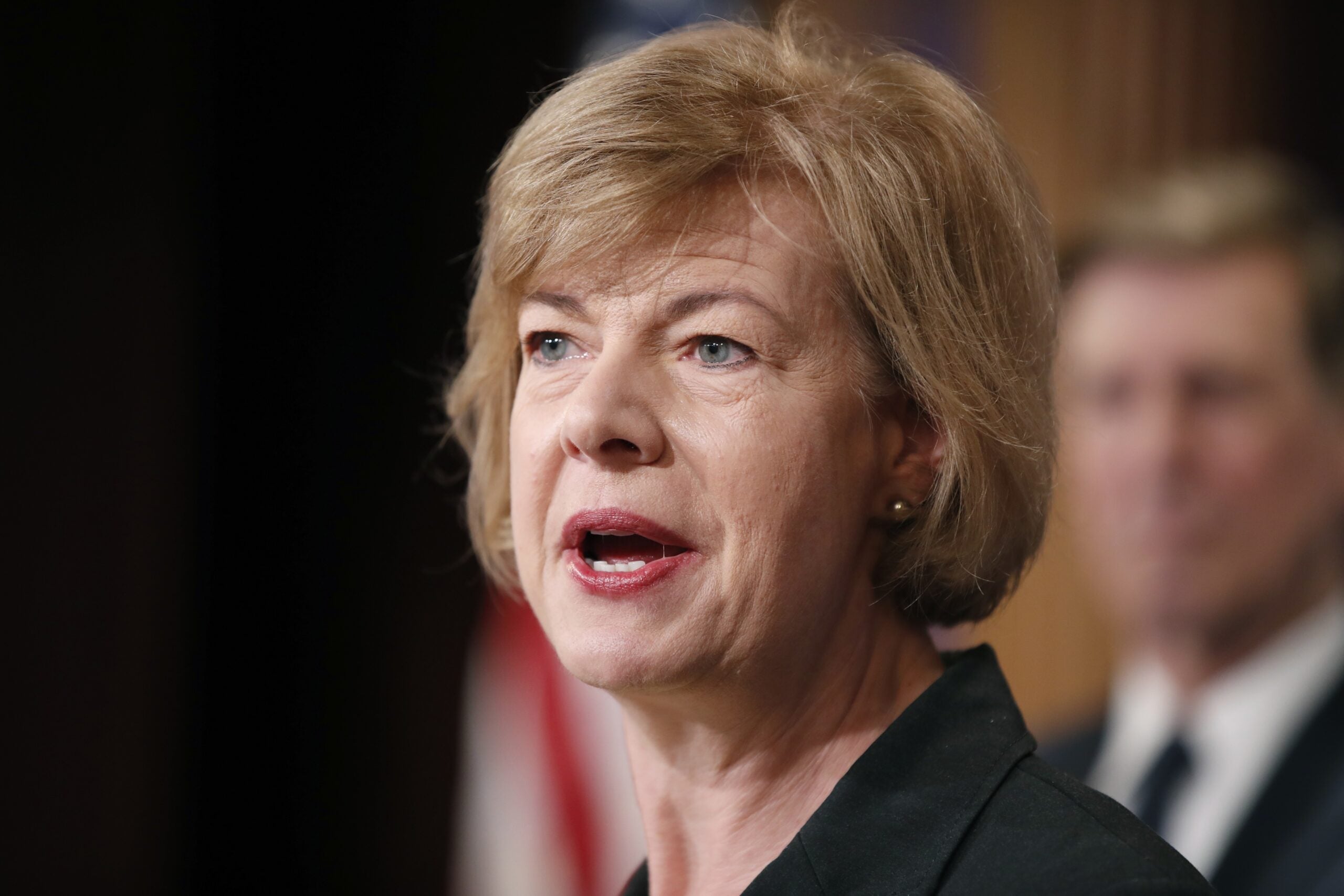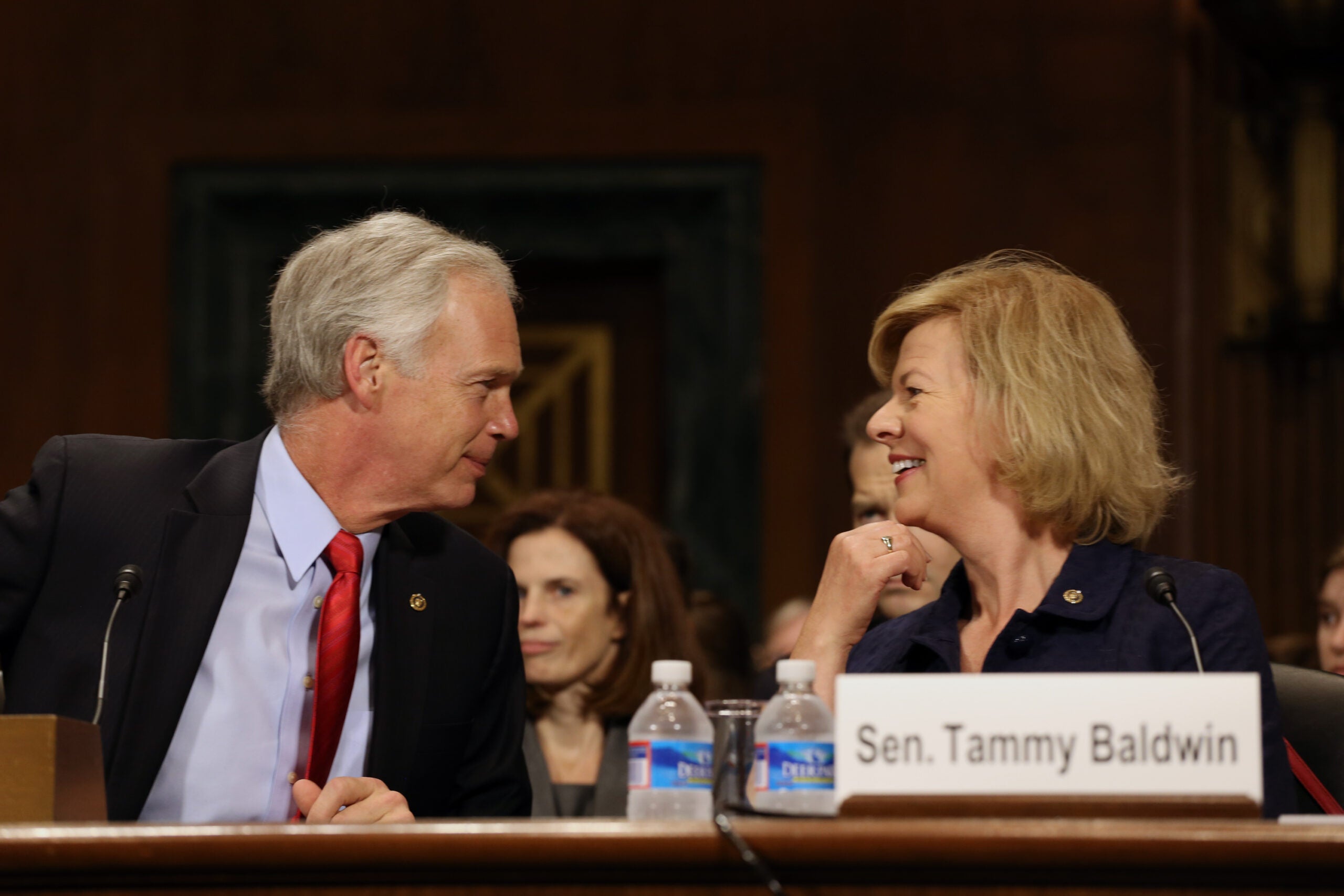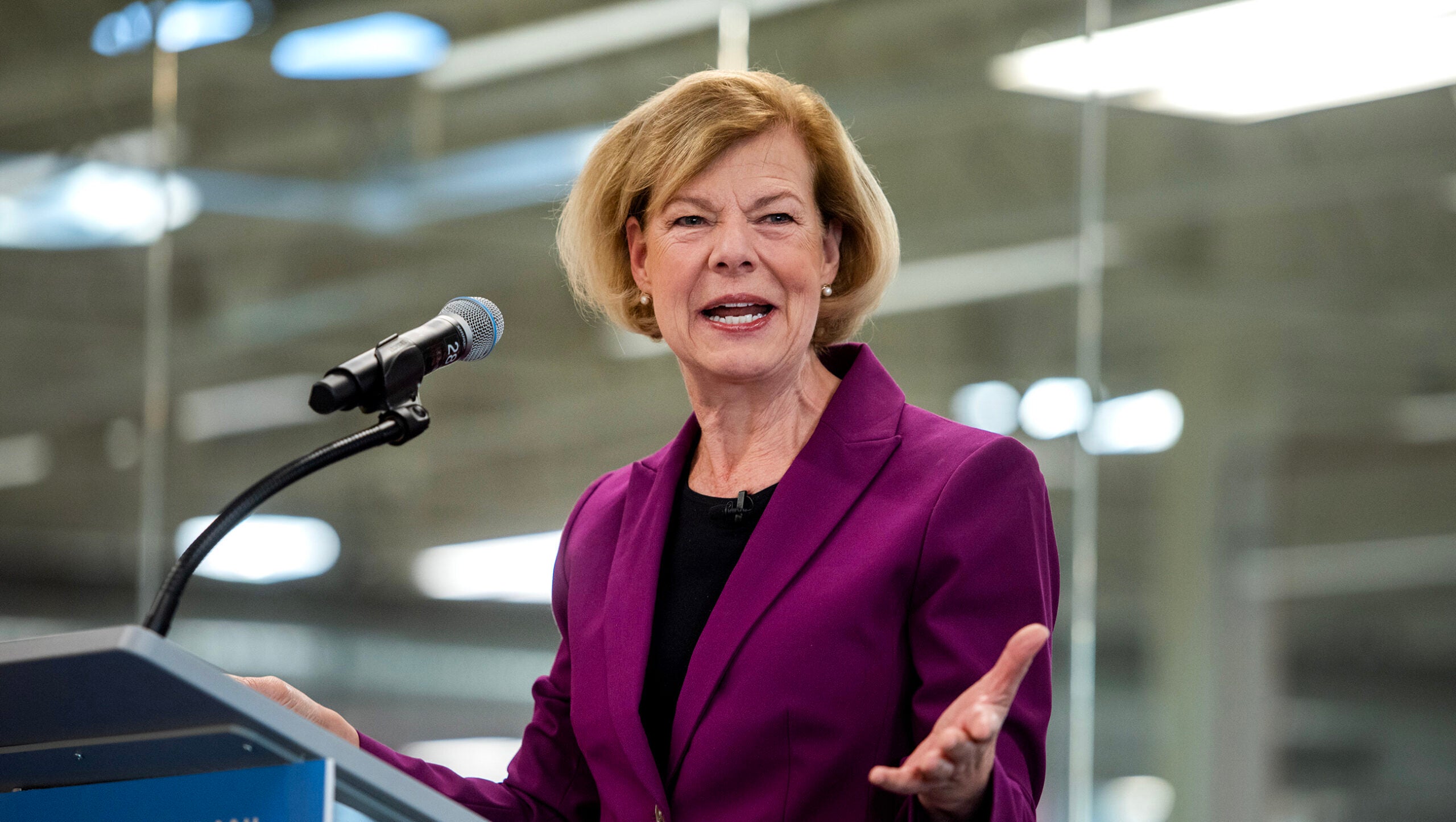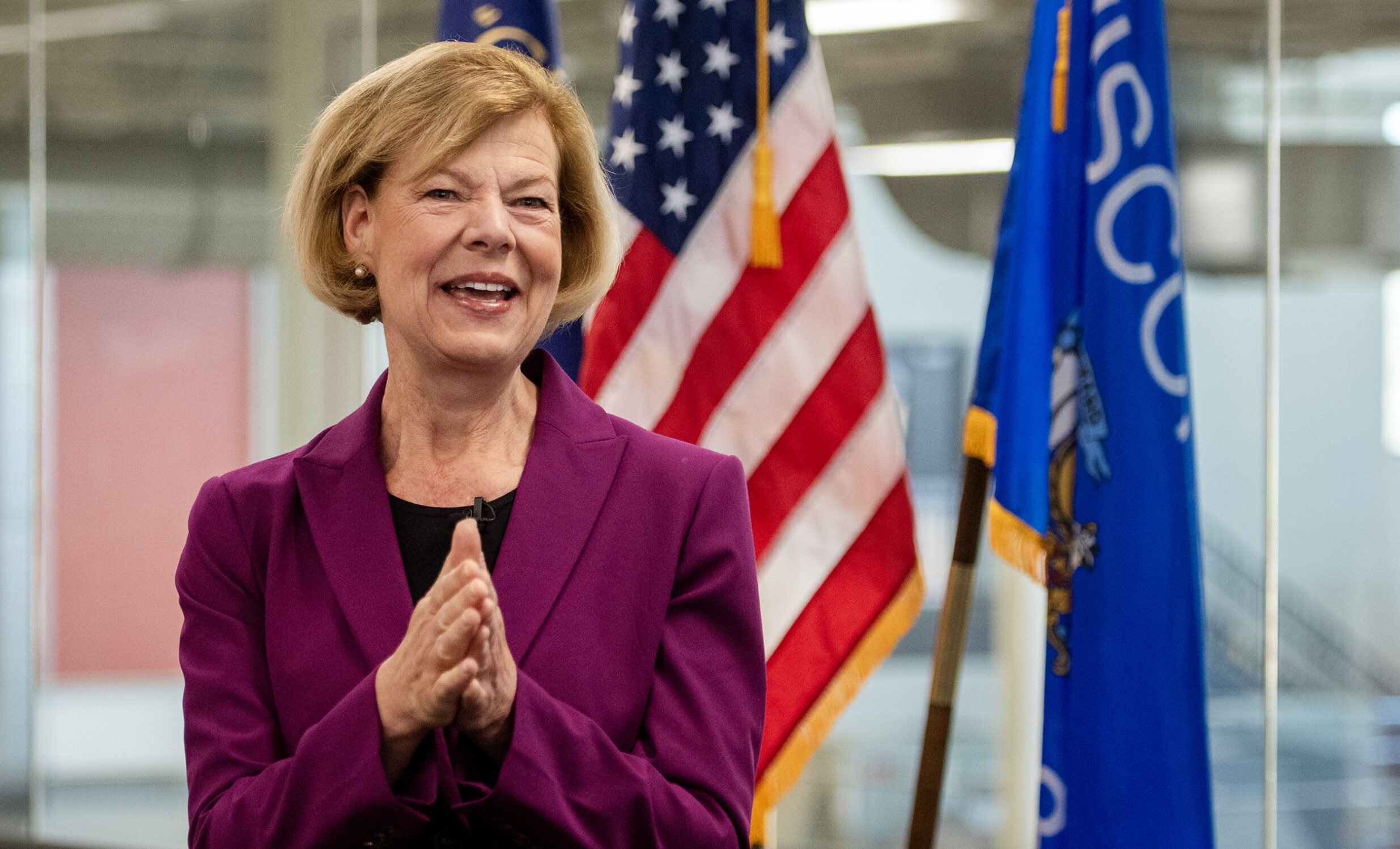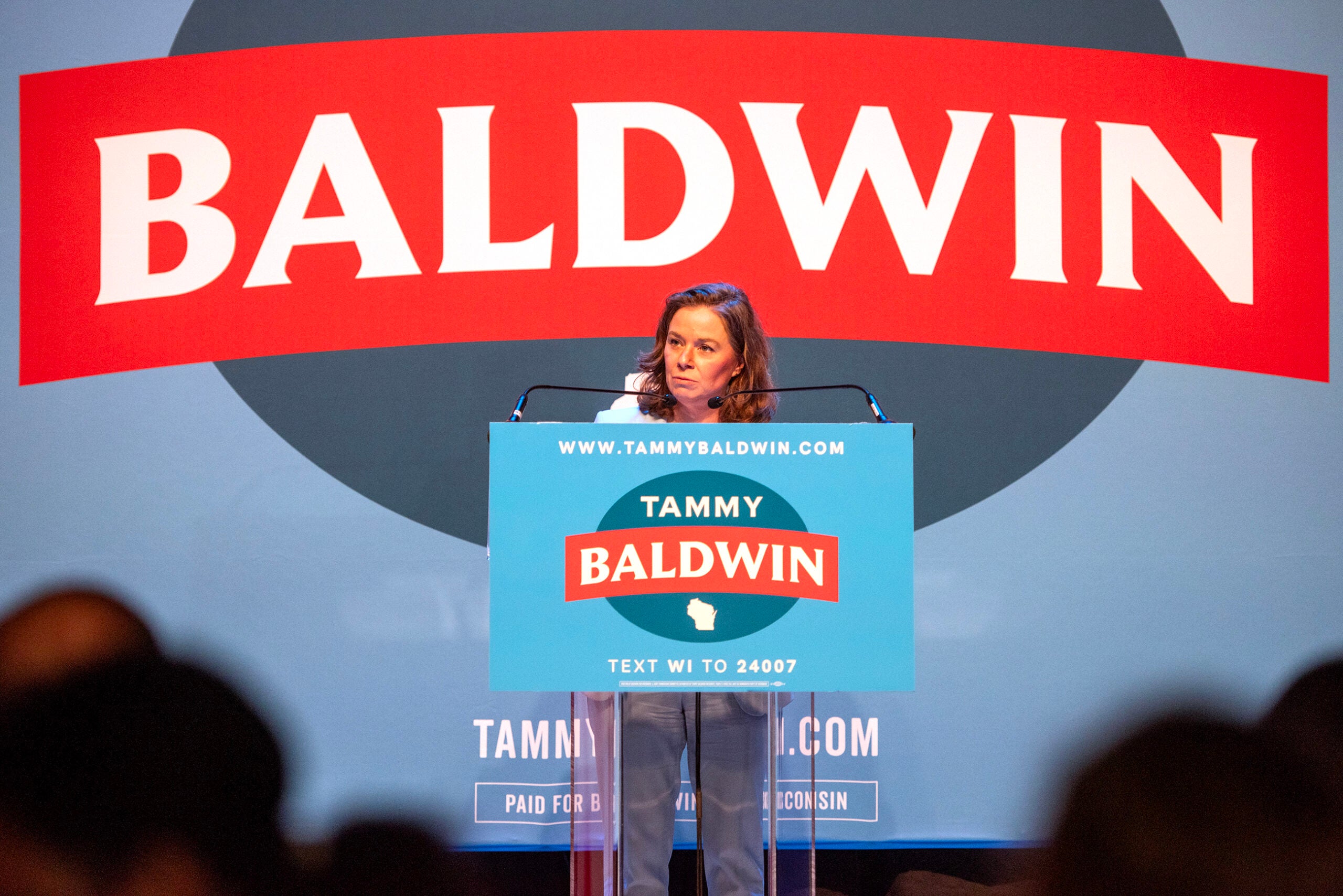A Democratic effort led by U.S. Sen. Tammy Baldwin to overturn the Trump administration’s expansion of short-term health plans came to a head Wednesday on the Senate floor, and ultimately failed to pass.
On Tuesday, President Donald Trump threatened to veto Baldwin’s bill if it passed.
On Wednesday, it was narrowly defeated after failing to get enough Republicans on board. Only U.S. Sen. Susan Collins of Maine joined Democrats to vote in favor of the bill. Two Republicans were needed for it to pass.
Stay informed on the latest news
Sign up for WPR’s email newsletter.
Short-term policies, which Baldwin and other Democrats call “junk plans,” don’t have to cover pre-existing conditions and often have limited coverage. The Los Angeles Times has pointed out some policies may restrict hospital hours, a point Baldwin made on the U.S. Senate floor Wednesday.
“One of the plans sold in several states, including my home state of Wisconsin, marketed by Golden Rule company, doesn’t even have to cover hospital care on a Friday or Saturday,” Baldwin said. “So, it will be just your bad luck if you happen to get sick and need health care on the weekend.”
Too many Senate Republicans failed to keep their promise to protect people with pre-existing conditions from being denied coverage. My statement on today’s vote on my #NoJunkPlans resolution: pic.twitter.com/T6GQfVezES
— Sen. Tammy Baldwin (@SenatorBaldwin) October 10, 2018
The legislative maneuver is part of Democrat’s strategy to keep health care a prominent election issue. More than a dozen health care organizations support Baldwin’s effort to overturn the expansion of short-term plans.
Trump has touted them as a way to provide people with less expensive health care and more choice. Baldwin counters the plans are “cheap for a reason” and the National Association of State Insurance Commissioners has concerns that the expansion of these plans could mislead consumers into thinking they have coverage they don’t.
Short-term plans were limited to three months under President Barack Obama. Last October, Trump signed an executive order to lengthen the time people could have such plans to a year, and renew them for another two years. Wisconsin limits short-term plans to 18 months.
Wisconsin Public Radio, © Copyright 2025, Board of Regents of the University of Wisconsin System and Wisconsin Educational Communications Board.
